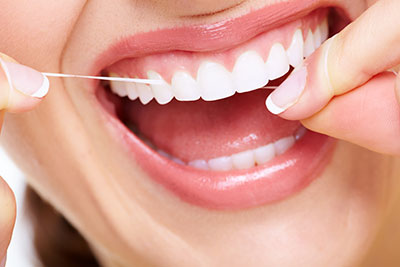I have an artificial joint. Do I need to take antibiotics before a dental procedure?
Since 2012, according to the American Dental Association and the American Association of Orthopedic Surgeons, the answer is no for most people. If you have had a joint replacement and taken antibiotics before dental work in the past, you may not need to make a trip to the pharmacy before your next procedure. Some patients […]
I have an artificial joint. Do I need to take antibiotics before a dental procedure? Read More »



